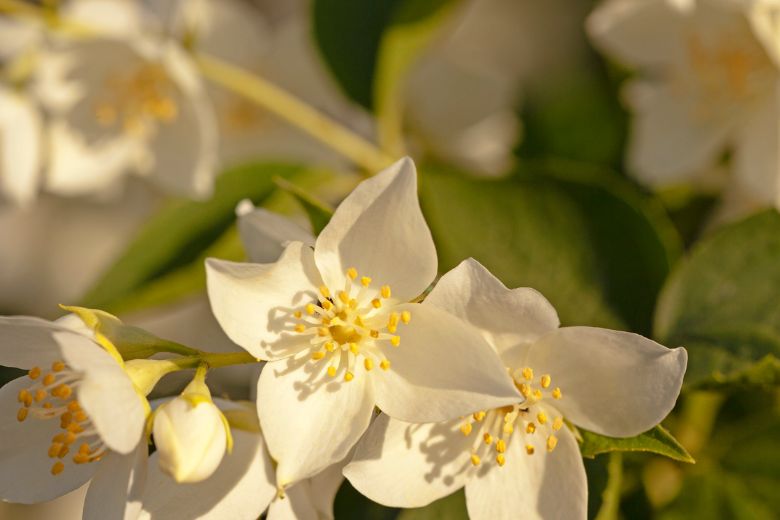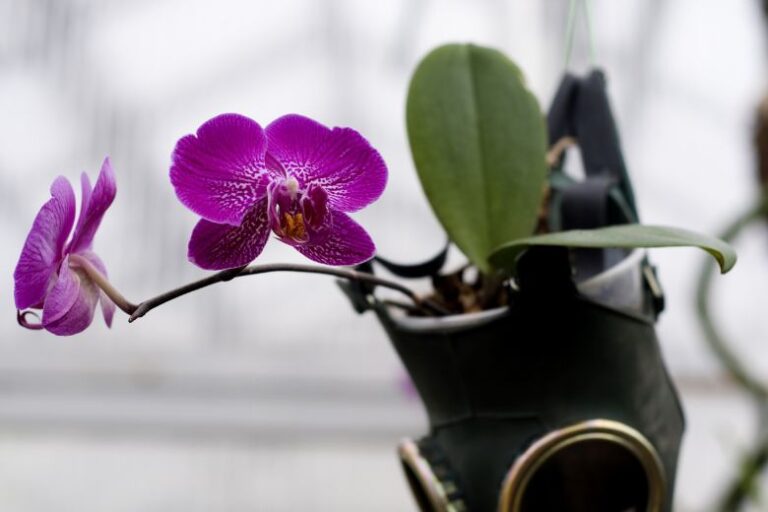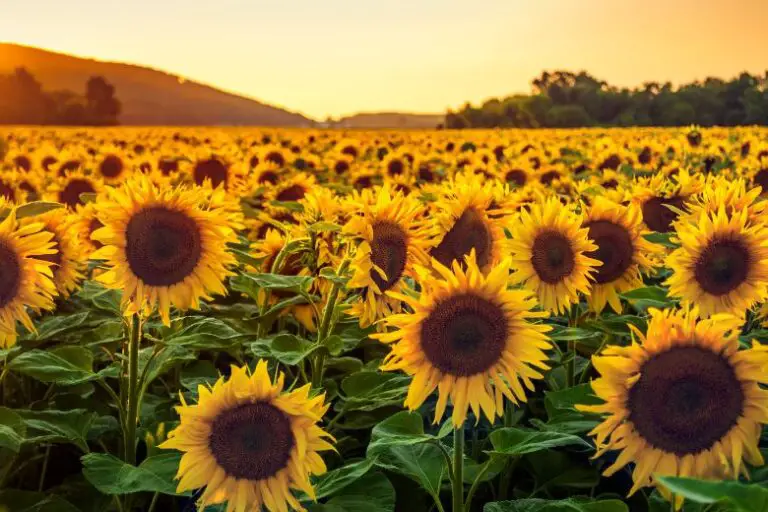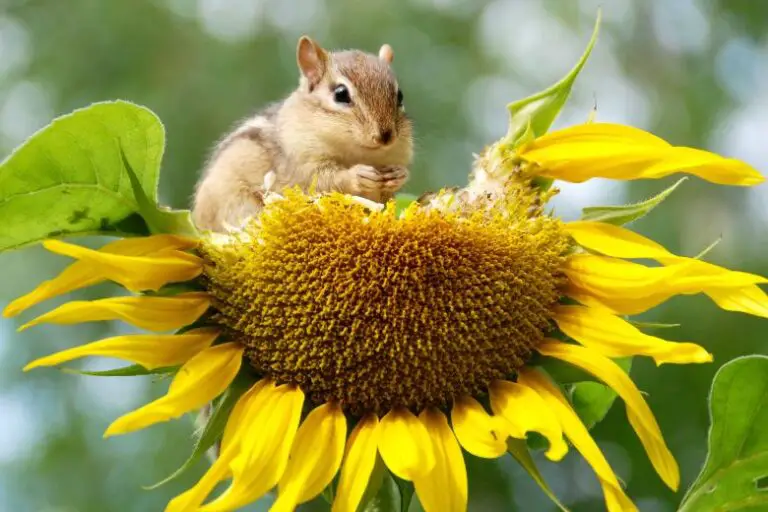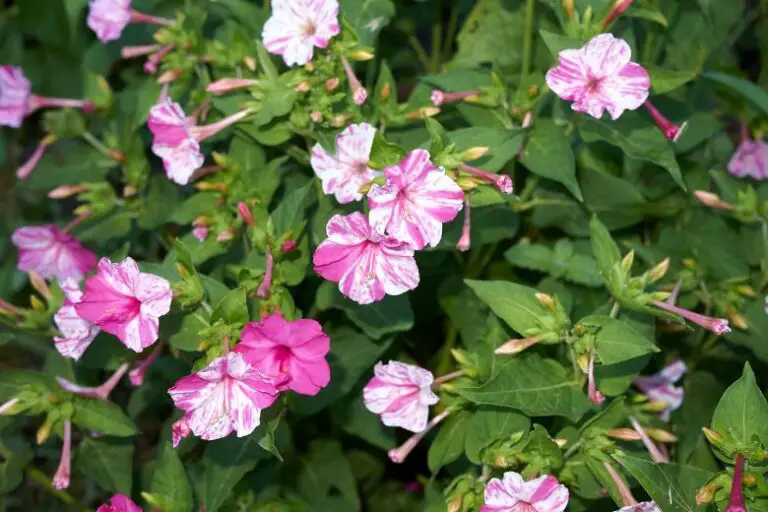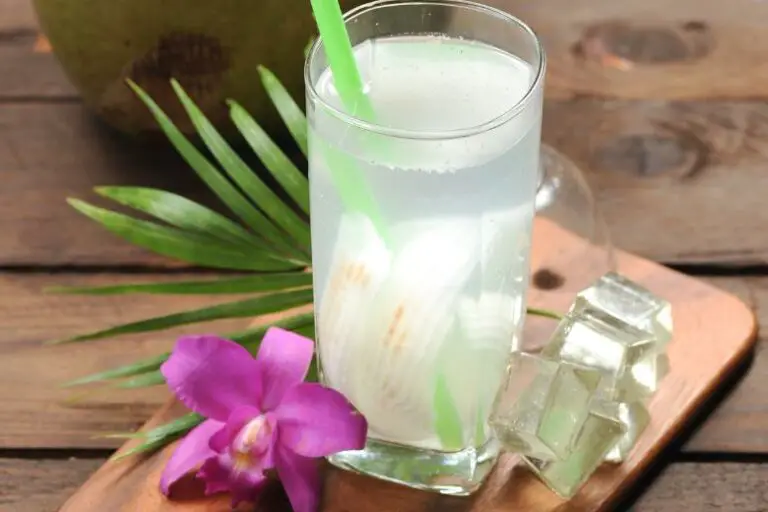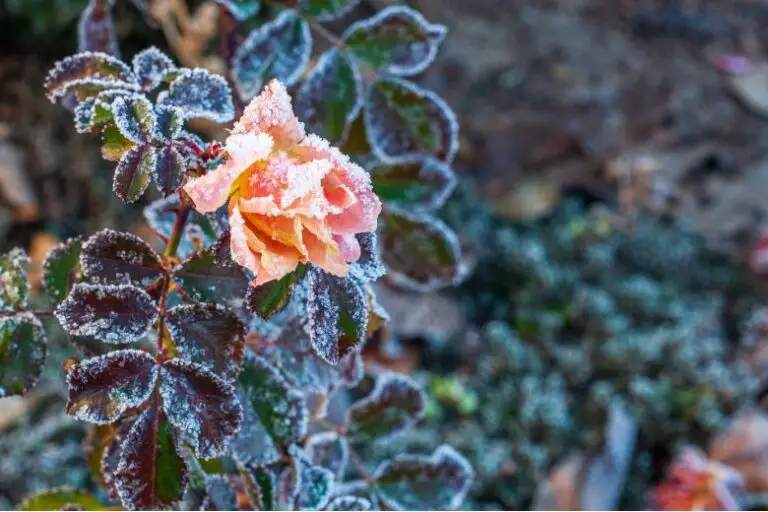Jasmine Flowers A Fragrant Tradition Across Cultures
Jasmine flowers, with their alluring fragrance and delicate beauty, have captivated the hearts of people across cultures for centuries. These enchanting blooms play a prominent role in various cultural practices, ceremonies, and even modern industries.
The Cultural Significance of Jasmine Flowers
Garlands: An Ornament of Love and Celebration
In many cultures, jasmine garlands hold deep symbolism. They are often used in weddings, symbolizing love, purity, and eternal beauty. The tradition of exchanging jasmine garlands between newlyweds has been an age-old practice, signifying the beginning of a blissful journey together.
Adorning Hair: Embracing Nature’s Beauty
Jasmine flowers are also worn in the hair by people of all ages, adding a touch of natural elegance to their appearance. In many Asian countries, it is common to see women gracefully adorning their hair with jasmine, creating a mesmerizing aura around them.
Offerings in Religious Ceremonies: A Symbol of Purity
The purity of jasmine’s white petals and its captivating scent make it a preferred offering in religious ceremonies and rituals. In various traditions, jasmine is presented to deities as a symbol of devotion and spiritual purity.
The Enchanting Aroma of Jasmine
A Common Ingredient in Perfumes
The intoxicating fragrance of jasmine has made it a prized ingredient in the world of perfumery. Perfumers cherish the sweet and floral scent of jasmine, often using it as a top note in many classic and modern perfumes.
Essential Oils: Aromatherapy’s Treasure
Jasmine essential oil, extracted from the flowers, is a treasured component of aromatherapy. Its calming properties are believed to reduce stress and anxiety, promoting relaxation and emotional well-being.
The Art of Cultivating Jasmine
Optimal Growing Conditions
Jasmine thrives in warm and tropical climates. Understanding the optimal growing conditions is essential for cultivating healthy jasmine plants and achieving the best floral yield.
Popular Jasmine Varieties
Several jasmine varieties are cultivated worldwide, each with its unique characteristics and scent profiles. Some of the most popular varieties include Jasminum sambac (Arabian jasmine) and Jasminum grandiflorum (Spanish jasmine).
Jasmine’s Medicinal and Therapeutic Properties
Stress Reduction and Improved Sleep
Beyond its aromatic allure, jasmine is believed to possess therapeutic benefits. Studies suggest that inhaling jasmine aroma can reduce stress levels, promote relaxation, and improve sleep quality.
Skin Benefits and Antioxidant Properties
Jasmine’s natural antioxidant properties are harnessed in skincare products. The flower’s essence is known to nourish the skin, leaving it glowing and rejuvenated.
Eco-Friendly Aspects of Jasmine Production
Sustainable Farming Practices
Sustainability plays a crucial role in the cultivation of jasmine flowers. Farmers are adopting eco-friendly practices to preserve the environment and ensure the long-term viability of the jasmine industry.
Biodiversity and Environmental Impact
Maintaining biodiversity around jasmine plantations is essential to protect local ecosystems and preserve the habitat of various flora and fauna.
Jasmine in Folklore and Literature
Legends and Myths
Jasmine’s allure has inspired numerous legends and myths in different cultures. These stories add to the mystique surrounding the flower.
Symbolism in Poetry and Prose
Poets and writers have often used jasmine as a metaphor for beauty, love, and purity in their literary works.
The Global Impact of the Jasmine Industry
Economic Contributions
The jasmine industry significantly contributes to the economies of countries where it is cultivated. It provides employment opportunities and boosts local economies.
Social and Cultural Implications
Jasmine’s cultural significance extends beyond borders. It fosters a sense of identity and pride in communities where it is deeply ingrained in traditions.
Modern Innovations: From Tea to Jasmine Coffee
Jasmine Tea: A Timeless Beverage
Jasmine tea, made by blending jasmine flowers with green or white tea, has become a beloved beverage worldwide, renowned for its delicate and aromatic flavor.
Embracing Jasmine in Coffee Culture
In recent years, the culinary world has witnessed innovative experiments with jasmine, including infusing coffee with the flower’s essence, creating a unique and aromatic coffee experience.
The Future of Jasmine: Sustainable Innovations
Biotechnology Advancements
Researchers are exploring biotechnological approaches to enhance jasmine production, ensuring a steady supply of this precious flower.
Ethical Consumerism and Fair Trade Initiatives
As consumers become more conscious of the impact of their choices, fair trade initiatives are gaining popularity to support sustainable and ethical jasmine production.
Conclusion
Jasmine flowers, with their timeless beauty and captivating fragrance, have left an indelible mark on human culture and traditions. From adorning hair to being an integral part of spiritual ceremonies, the significance of jasmine spans continents. As we continue to cherish its aroma in perfumes and explore its therapeutic properties in essential oils, let us also endeavor to preserve and protect this natural treasure for generations to come.

